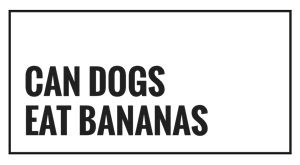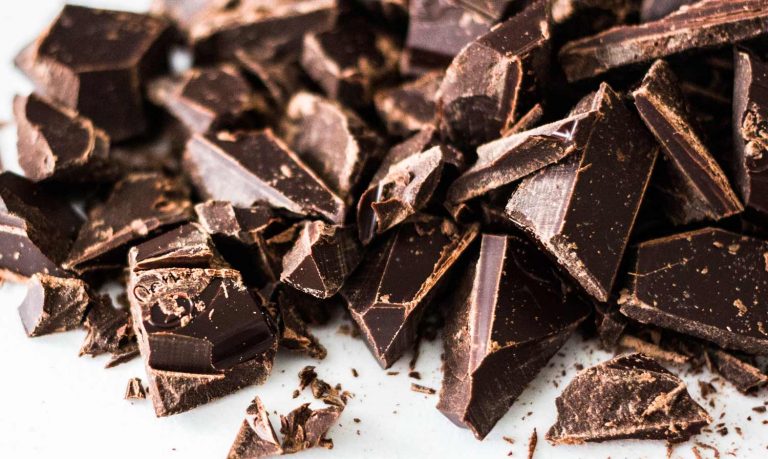You know the scenario. You’re enjoying some chocolates, or a chocolate flavored snack, and you drop a piece. Before you know it your dog has devoured it. Panic floods your system. Everyone knows that dogs can’t eat chocolate. How do you know if your dog is going to be okay? Today we will answer this question. But first let’s find out: why can’t dogs eat chocolate in the first place?
Why Can’t Dogs Eat Chocolate?
Why can’t dogs eat chocolate? After all, I consume it daily, and nothing has happened to me. (Except for my pant size going up.) What is it about dog’s systems that makes this sweet treat off limits?
There are two ingredients in cacao beans that are extremely dangerous to dogs. This makes chocolate and cocoa off limits for canines. The dangerous components are theobromine and caffeine.
Theobromine is present in cacao plants and is therefore an ingredient in cacao products. However, this dangerous component is also found in tea plant leaves and kola nuts. This bitter powder is classified as a “xanthine alkaloid” along with caffeine.
If you’re like me, you’re no stranger to caffeine. Caffeine earns the recognition of the most widely consumed psychoactive drug in the world. However, this stimulant has no place in a doggie diet. Along with theobromine, caffeine is strictly forbidden for dog consumption.
How Much Is Too Much?
On average there is between 1-9 milligrams of theobromine in a gram of chocolate. This level is higher for dark chocolate. However, white chocolate (which isn’t really chocolate!) does not contain this harmful ingredient.
Chocolate toxicity for canines begins at roughly 20 mg of theobromine for every kilogram of body weight. For a small dog, this would be roughly three squares of milk chocolate. However, cocoa powder has an every higher concentration of theobromine. Therefore, it only takes a tiny bit of cocoa powder to do a lot of damage.
Can Chocolate Kill Dogs?
Unfortunately, the rumors have not been overstated. Chocolate consumption can be fatal for dogs. Ultimately, in severe cases, it can cause respiratory failure or heart rhythm issues in canines that may result in death.
Dogs have an acute sense of smell and a hankering for sweet things. This makes them susceptible to sniffing out and wolfing down sweet treats. It is extremely important that you keep all chocolates far out of your dog’s reach.
Help! My Dog Ate Chocolate
As much as we try to keep our fur children safe, accidents do happen. Dogs are quick and they love food, and sometimes they manage to sneak a bit of danger items. So what signs are indicative of chocolate consumption?
First, check for hyperactivity and restlessness. If your dog has eaten chocolate, then she is likely to be experiencing a caffeine high. Also, you can check your dog for an elevated heart rate. He might also be experiencing abnormal heart rhythms and increased blood pressure.
Additional symptoms include vomiting, diarrhea, muscle spasms, and high body temperature. Severe symptoms include muscle stiffness, uncoordinated movements, seizures, coma, and possible death.
Symptoms are typically witnessed within two to four hours of eating chocolate. They can last up to three days. If you suspect your dog has eaten chocolate, do not hesitate to contact your vet immediately. If you don’t see symptoms after your dog has consumed a small amount of chocolate, be sure to still pay close attention for delayed reactions.
Canine Chocolate Conclusions
So why can’t dogs eat chocolate? The dangerous components in chocolate are theobromine and caffeine. Dogs have an excellent sense of smell and an everlasting love of snacks, so be sure to always keep chocolate away from your pup. As the holiday season rolls around, always remember to store your sweets when your dog can’t get them.
To brush up on more doggie danger food, check out why dogs can’t eat grapes.














